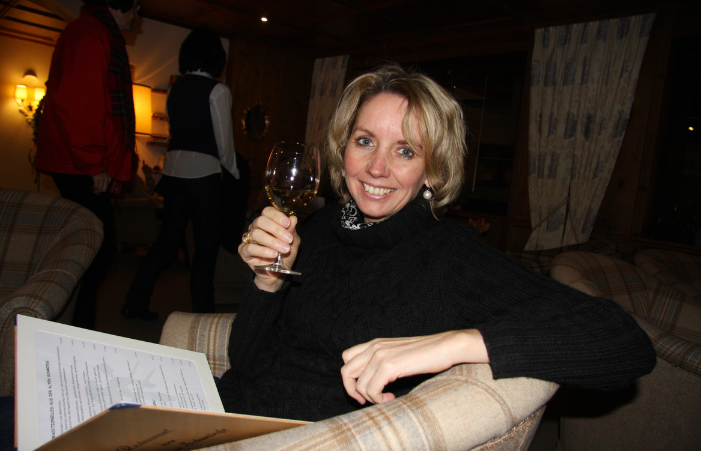Extract from chapter 18 of ‘Cancer in the margins’
My wife Ingemar is being treated palliatively for BRCA2 – metastatic breast cancer (triple negative) – after a four-year process and she is deteriorating rapidly.
During a conversation with the treating oncologist, a potentially hopeful treatment emerges unexpectedly. The drug in question had previously been discussed as a possibility by this oncologist, but at the time it had seemed unattainable. Now the option suddenly seems real. It’s a PARP-inhibitor and the active substance is called Olaparib. The oncologist reports that it is already being given experimentally as a medicine for BRCA-related ovarian cancer. The drug is available in pill form, which can make my her treatment easier and more comfortable, even though the drug is classified as oncolytic. There is now a glimmer of hope again. And then, just as unexpectedly, unfairly and actually unacceptably, that hope also disappears.
The drug is available, but not for BRCA2-related breast cancer. The oncologist wants to provide it on behalf of the hospital, but protocols and budgets – money – get in the way. When we want to start an appeal procedure, the Medicines Evaluation Board is obstructive and an attempt to obtain the drug directly from the maker fails at the source. Inspire2Live is making a last effort by writing to the College, the Dutch Association for Medical Oncology and Healthcare Institute, health insurers and the manufacturer. But unfortunately the appeal for provision on the grounds of compassionate use is not being heard. Saying ‘no’ to something turns out to be easy, saying ‘yes’, as so often happens, requires courage. Everyone hides behind the letter of the law and does not act according to the spirit.
As a result, Ingemar literally comes to a dead end at the base of a wall of bureaucracy. When that wall appears to have been broken down and the drug also seems to become available to patients like Ingemar, a request for ‘priority on humanitarian grounds’ is ultimately rejected with the words: ‘That wouldn’t be fair’. To which Ingemar responds: “they just declared me dead”. A last attempt to obtain the drug via a self-directed alternative route succeeds but comes too late.
All parties involved are of good will on paper. No one is to blame for acting according to the letter, but the result is that someone is deprived of the only hope they had left because of procedures and protocols that simply have to be followed. The decision makers do not ‘see’ the person behind the patient, neither literally nor figuratively. They only look at the law and the associated procedures. There is no hope, no perspective, no chance to see our grandchild grow up.

